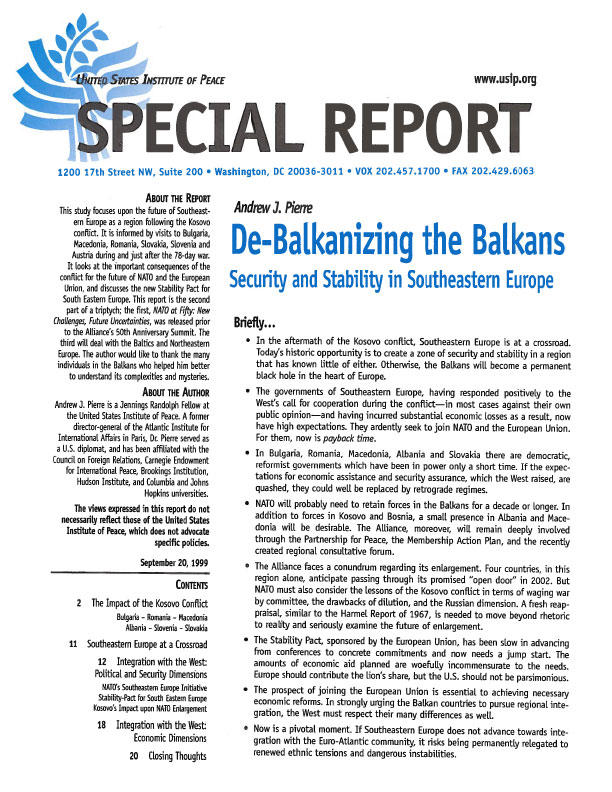Bosnia’s U.S.-Authored Constitution Has Been a Disaster
A deeply flawed document violates basic human rights.
On Aug. 29, the European Court of Human Rights (ECHR) delivered a landmark decision against the state of Bosnia and Herzegovina, ruling by a 6-1 majority that the country’s constitution and its dominant ethnic power-sharing system grossly violated basic rights to equal democratic representation.
Specifically, the court ruled that Bosnia’s constitution had unfairly limited the right to vote and be elected for large segments of the population through a “combination of territorial and ethnic requirements” that collectively amounted to “discriminatory treatment.”
- As a subsection of an international treaty, the Dayton constitution is in effect an armistice operationalized as a complex power-sharing system between the country’s three largest ethnic groups: the Bosniaks, Serbs, and Croats.
- As such, the constitution has always been deeply intertwined in the country’s relationship with Washington, and with the international officials who have extraordinary administrative powers in Bosnia to this day.
- This was not the first time that segments of Bosnia’s constitution have been struck down by the court. The ECHR has ruled similarly in 2009, 2014, 2016, and 2020, but its most recent decision, the Kovacevic ruling, is far and away the most sweeping of the lot.
Previous decisions focused on specific discriminatory aspects of the country’s constitutional order—e.g., the inability of minority groups to stand for the country’s tripartite presidency. Slaven Kovacevic, an advisor to the Croat member of the state presidency, however, argued more broadly that the entire Bosnian constitutional regime was an “ethnocracy” that made rights to participation and representation in the democratic process contingent on both one’s ethnicity and residency. . .
[ ]
- Far from delivering on the president’s pledge to treat the defense of democracy as the “defining challenge of our time,” in Bosnia the administration has doubled down on sectarian oligarchy.
- After the contents of the ECHR decision became public, Kovacevic even accused the former U.S. “elections reform” envoy (and still-serving State Department official) Matthew Palmer of having quipped to him, “You Bosnians and Herzegovinians are, after all, Balkanci [inhabitants of the Balkans]. Democracy is not for you.”
- That means that the United States must assist the citizens of Bosnia in reforming the constitution it drafted and helped impose on them in 1995, and which has deprived so many of their basic rights to participation and representation in the democratic process.
If even that does not move the needle, then the U.S. should make clear that it no longer considers any of the relevant Bosnian authorities as legitimate representatives of the Bosnian state or citizens and that the U.S. will encourage the EU to likewise suspend all aid, financial or otherwise, to Sarajevo until the constitutional process is concluded in line with the ECHR’s rulings.
- Simultaneously, the United States should communicate to Zagreb and Belgrade that their involvement in Bosnia’s constitutional process is neither necessary nor welcome, and that failure to respect the sovereignty of the country’s democratic process will result in a severe downgrading of diplomatic ties.








No comments:
Post a Comment